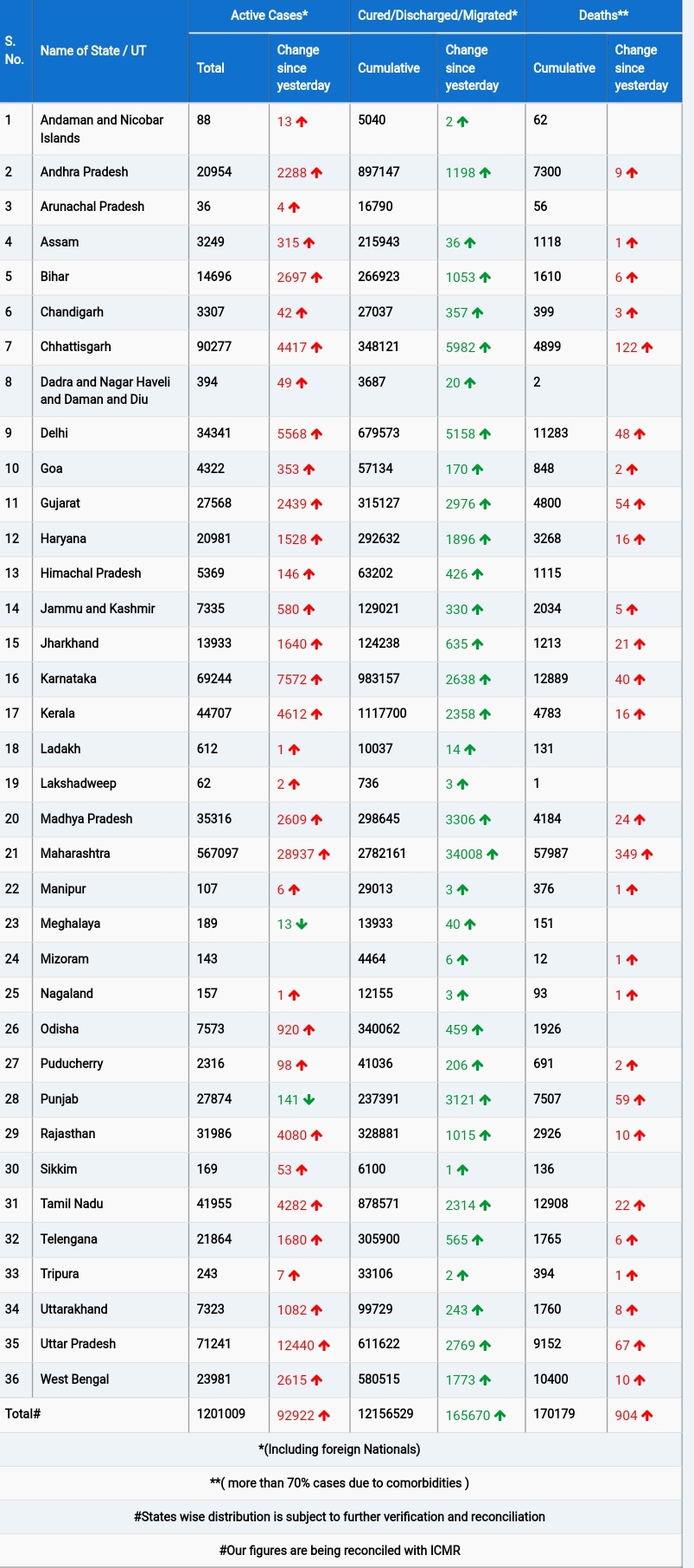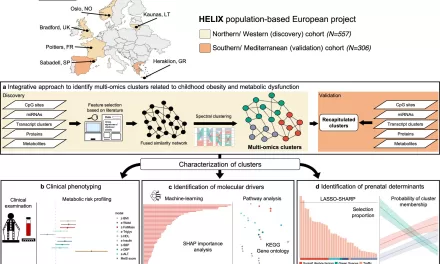New Delhi, India – A recent report highlights the disproportionate impact of tuberculosis (TB) on women, revealing that gender-specific factors significantly exacerbate the disease’s burden. Experts are calling for a renewed focus on addressing these disparities to improve TB control and eradication efforts.
The report, drawing from various studies, underscores that women often experience delays in diagnosis due to social stigma, limited access to healthcare, and a lack of awareness about TB symptoms. Cultural norms can restrict women’s mobility, making it difficult for them to seek medical attention independently. Additionally, the stigma associated with TB, particularly in patriarchal societies, can lead to social isolation and abandonment, further hindering treatment adherence.
“The gendered nature of TB is often overlooked,” stated Dr. [Insert Fictional Expert Name], a public health specialist. “Women face unique challenges, including nutritional deficiencies, hormonal changes during pregnancy, and the added burden of caregiving, which can increase their susceptibility to TB and complicate treatment.”
The report also emphasizes the economic consequences of TB on women. Many women are primary caregivers, and their illness can lead to financial instability for their families. Furthermore, the side effects of TB medication can affect fertility and reproductive health, adding to the long-term impact on women’s lives.
“Addressing the gender disparities in TB requires a multi-pronged approach,” explained [Insert Fictional Expert Name]. “We need to improve access to healthcare, raise awareness about TB symptoms among women, and combat the stigma associated with the disease. Community-based interventions, including door-to-door screenings and support groups, can play a crucial role.”
The report calls for increased investment in research to better understand the gender-specific aspects of TB and to develop tailored interventions. It also stresses the importance of integrating gender considerations into national TB control programs.
The findings come at a critical time as global efforts to eliminate TB by 2030 face significant challenges. Experts believe that by addressing the unique needs of women, significant progress can be made in achieving this goal.
Disclaimer: This news article is based on the provided information and should not be considered as a substitute for professional medical advice. For accurate and up-to-date information regarding tuberculosis, please consult with a qualified healthcare provider or refer to official health organizations. The names of experts in this article are fictional.(https://www.thehindu.com/sci-tech/health/tb-and-women-why-gender-matters-more-than-ever/article69349362.ece)












